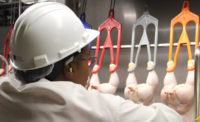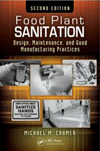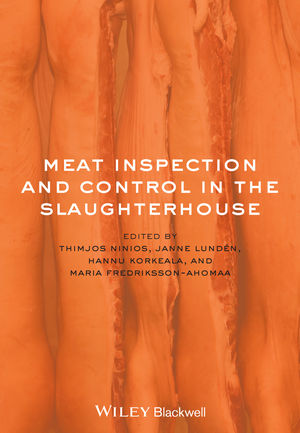Fight for Food Safety
Are class action food safety lawsuits on your horizon?
Lawyers are seeking to attach additional consequences to food companies for recalling food products.

Opening image credit: GettyImages / Aree Sarak / iStock / Getty Images Plus
Each year, food companies in the US announce the recall of approximately 600 food products. Recalls are triggered for a wide variety of reasons, including the presence of unwanted pathogens, undeclared allergens, and hazardous foreign materials. Historically, all recalls of food products have been voluntary. Indeed, USDA actually lacks the authority to compel a company to recall a food product. While the agency can induce a company to issue a recall by putting immense pressure on the company (i.e., threatening to seize product, seeking an injunction, or even issuing a notice of suspension), the ultimate decision to recall a USDA-regulated product is, in all instances, a voluntary decision made by the company.
In turn, the consequences of announcing a voluntary recall for an offending product have typically been relatively nominal in terms of the impact to the brand or increased regulatory scrutiny. This is especially true in the absence of any allegations of human health. Once a recall is announced, the USDA will publish the Recall Notice on its website, and the product will be removed from the market. Typically, the supplier will be required to supply replacement products and pay any fines imposed by its customer. If there is recall insurance, the carrier will be notified, and the claimed losses will (over the course of subsequent months) be processed and reimbursed by the insurer.
But, now, class action plaintiff lawyers are seeking to overlay additional consequences on food companies for recalling offending food products. Following the recent and highly publicized recall of ready-to-eat deli meat products for the alleged presence of Listeria, class action lawyers in New York filed a class action lawsuit against the company. In essence, the class action alleges that the company warranted to consumers, through its marketing and labeling, that its products were safe. The complaint then seeks to recover “damages” on behalf of each of the consumers who were allegedly “induced,” through such marketing, to purchase a product, which was later “proven” to be contaminated with Listeria.
Having represented the food industry for 25 years, this is the first time I’ve witnessed this type of attempted class-action claim. I predict, and hope, that the claim will be dismissed in short order. Responsible companies routinely recall food products voluntarily whenever they suspect there is a problem that could harm consumers. And, because there is typically no consequence, other than those described above, it is easy for food companies to make the decision to “do the right thing.”
If, however, a class action claim were to be allowed every time a recall is announced, a food company might pause, and allow that new potential exposure to influence its decision. I am certain that a court would agree that adding the threat of class action exposure when making such an important decision to voluntarily recall a product may run afoul of current overreaching recall policy.
In any event, we will continue to watch the litigation closely. In the event the case takes a surprise turn inconsistent with what’s predicted above, we will definitely let you know.
Looking for a reprint of this article?
From high-res PDFs to custom plaques, order your copy today!









